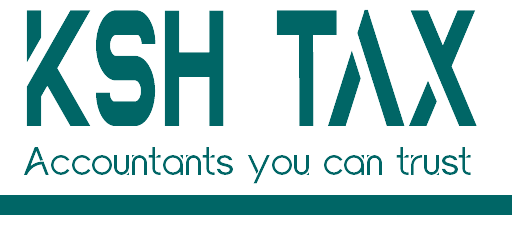If you are a small business owner or planning to be one, you might have encountered the term bookkeeping.
It is essential for business operations as it helps keep financial plans in check and updated.
Your taxations will be simplified, among many other benefits for your business, leading to healthy financial decisions.
In this article, we explore ten essential tips to help you steer clear of the most common bookkeeping mistakes you might come across as follows:
10 top tips to avoid common bookkeeping mistakes for small businesses
Bookkeeping mistakes happen often, and it may be due to ignorance or sometimes lack of knowledge. With us are some of the tips you should put into practice to avoid common bookkeeping mistakes:
1. Use bookkeeping software for seamless operations.
Bookkeeping has revolutionized the business world as entrepreneurs can easily make sane financial decisions for their services.
Incorporating good bookkeeping software for small businesses has saved many from falling into pitfalls.
Whether you manage a start-up or are a sole trader, always consider using software like Xero to help achieve tailored business results.
2. Stay organized
Behind every strong business is an entrepreneur who’s well-planned and concerned about their bookkeeping plans in check.
Overcoming confusion and undecided decision-making through planning will help adequately run a business and improve its functioning.
Always remember to keep receipts and other relevant materials to help guide your financial steps and avoid last-minute rush.
3. Separate personal and business finances
Separating personal and business finances is always essential, as it helps curb errors and confusion that may arise.
By separating the two, you will have a well-structured organization and simplified work that will yield accurate findings.
You can consider using different options, such as having two bank accounts and credit cards for business and personal use.
4. Stay ahead of deadlines.
Stay ahead of the curve by complying with tax laws through planning to avoid tax-related penalties and fines caused by lack of preparation.
You can avoid this by setting a to-do list reminder to help you stick to your schedule and remember important dates.
Whether through quarterly tax filing, superannuation payment, or other activities, always keep track of important dates to help with guidance.
5. Keep track of small expenses.
It’s easy to forget small expenses, as entrepreneurs may think they won’t significantly impact their businesses.
No matter how small an expense is, it will likely accumulate larger if not sorted at that specific time.
Record every transaction through accounting and bookkeeping software to give you a comprehensive overview of your financial situation.
6. Choose the right bookkeeper for your business.
As a small business owner, you must find solutions to your financial problems.
Save yourself from the shackles of errors and inconvenience by hiring a bookkeeper to help save you from risks.
Whether you run a small company or an individual business owner, hiring the right bookkeeper expert in your industry is essential.
7. Regularly reconcile your accounts.
How often do you reconcile your accounts? Regular reconciliation of financial records helps ensure that data are accurate and current.
Keep records constantly updated and maintained, whether manually or through bookkeeping software.
8. Track your cash flow.
Are you looking to keep your business operations smooth? If so, try tracking your cash flow management to understand it better.
Ensure you have enough money for expenses coverage and continuously invest in your growth.
For more on cashflow management tips, check out the Australian Small Business and Family Enterprise Ombudsman (ASBFEO).
9. Understand your bookkeeping wage expectations.
When hiring a bookkeeper, always ask for the pricing quotation they charge for their services.
The average amount a bookkeeper can offer might vary depending on factors such as experience and location, among others they may request.
Always ensure the amount they ask for is within your financial capability to avoid inconveniences regarding fee charges.
10. Outsource professional help
Sometimes, bookkeeping can be overwhelming, but with a guide from an expert, you can save time and focus on your business.
At KSH TAX, we provide bookkeeping services for small businesses in Australia, ensuring that your financial records are accurate, up-to-date, and tax-compliant.
We offer bookkeeping services specifically tailored to your business needs and requirements.
By outsourcing your bookkeeping tasks, you can focus on what you do best—growing your business.
Key takeaway
With the right tools and knowledge, bookkeeping doesn’t have to give you stress any more.
Always keep your finances in check and make informed decisions involving your small business.
If you need assistance from an expert with your small business bookkeeping, contact us at KSH TAX.













